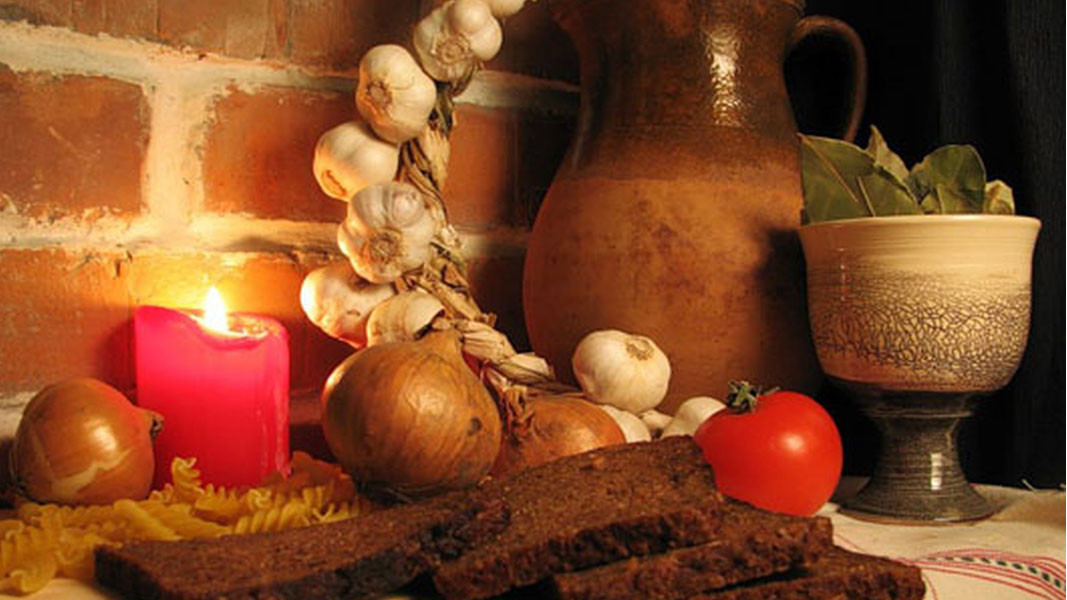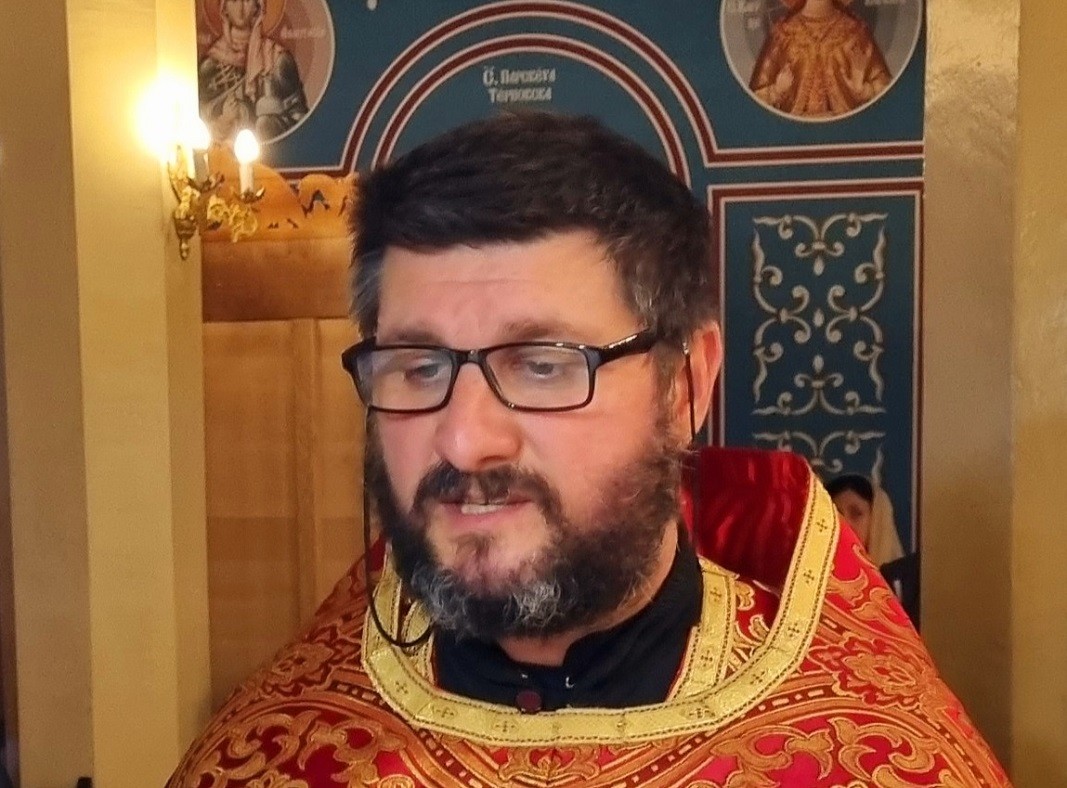Forty days prior to the Nativity of Christ Orthodox Christians begin to serve meatless dishes on their table to prepare for the holiest feast. If bodily privations are not accompanied by repentance, pious thoughts, acts of charity and words of encouragement to our neighbor, our fasting would be in vain, for we will not meet the Nativity of Christ with a purified heart, soul and body.
Today, November 15, is the beginning of the Nativity Fast through which God calls on us to repent of our sins. We find reference to such abstinence in the Old Testament- Moses fasted 40 days and nights before getting the Ten Commandments from the Lord; Prophet Elijah saw the glory of God after strict fast, John the Baptist fasted with his disciples all the time.However, it was not until the 12th century that the forty day fast was associated with the Nativity of Christ.

According to the canon law, on the eve of the Nativity Fast, the faithful ask forgiveness of one another and feast on meat. For the next 40 days, they eat only vegan food, except on Epiphany (November 21) and St. Nickolas Day (December 6) when fish is also allowed.
Father Steliyan Kunev from the St. Pimen Zografski Orthodox Church in Burgas advises Christians, afflicted by some weakness, to pray to God to give them strength to cope with it, for all should prepare their souls and hearts for the encounter with the Lord- the Nativity of Christ.
“He was born on earth to save us from death and sin, but He must also be born in our hearts–father Kunev said. – In other words, our heart must become this spiritual Bethlehem in which we welcome God.”

Father Stelyan Kunev referred to the words of Paul the Apostle, according to whom we must become a temple of God in order to find purpose in life and make our lives meaningful.
“Our earthly life is limited and temporary – father Kunev went on to say. –Eternal life begins from the moment we meet God and accept Jesus Christ as our savior. Then it no longer matters to us when we will leave the earthly world and go to the heavenly world, i.e. when we will die. In fact, we will not die for we will live forever and this eternal life begins here.”

When we receive God’s grace, we will be consoled, feel joy and care for one another. We should make small steps towards the Kingdom of Heaven, father Kunev said.
English version: Kostadin Atanasov
Photos: library, personal libraryFrom April 5 to 7, the town of Hisarya in the Plovdiv region will host the first festival of antiquity "Diocletianopolis - Crossroads of Time", the municipality announced. The aim of the festival is to show what life was like in ancient Diocletianopolis..
On 3 April 1860, during the solemn Easter service in the Bulgarian St Stephen's Church in Istanbul, Metropolitan Hilarion of Makariopolis intentionally did not mention the name of the Ecumenical Greek Patriarch . Instead of the name of Patriarch Cyril..
Catholics in Bulgaria and around the world celebrate the Resurrection of Christ. The largest Catholic communities live in the Plovdiv and Svishtov regions. At midnight on Sunday 31 March, the Catholic churches in Bulgaria were filled with the..
The exhibition "Catholics in Bulgaria XVII-XXI Century" is opening today at the National Library "Saints Cyril and Methodius". The exhibition..
The last and most destructive bombing of Sofia during World War II took place on April 17, 80 years ago. In 1944, on April 17 at..

+359 2 9336 661
